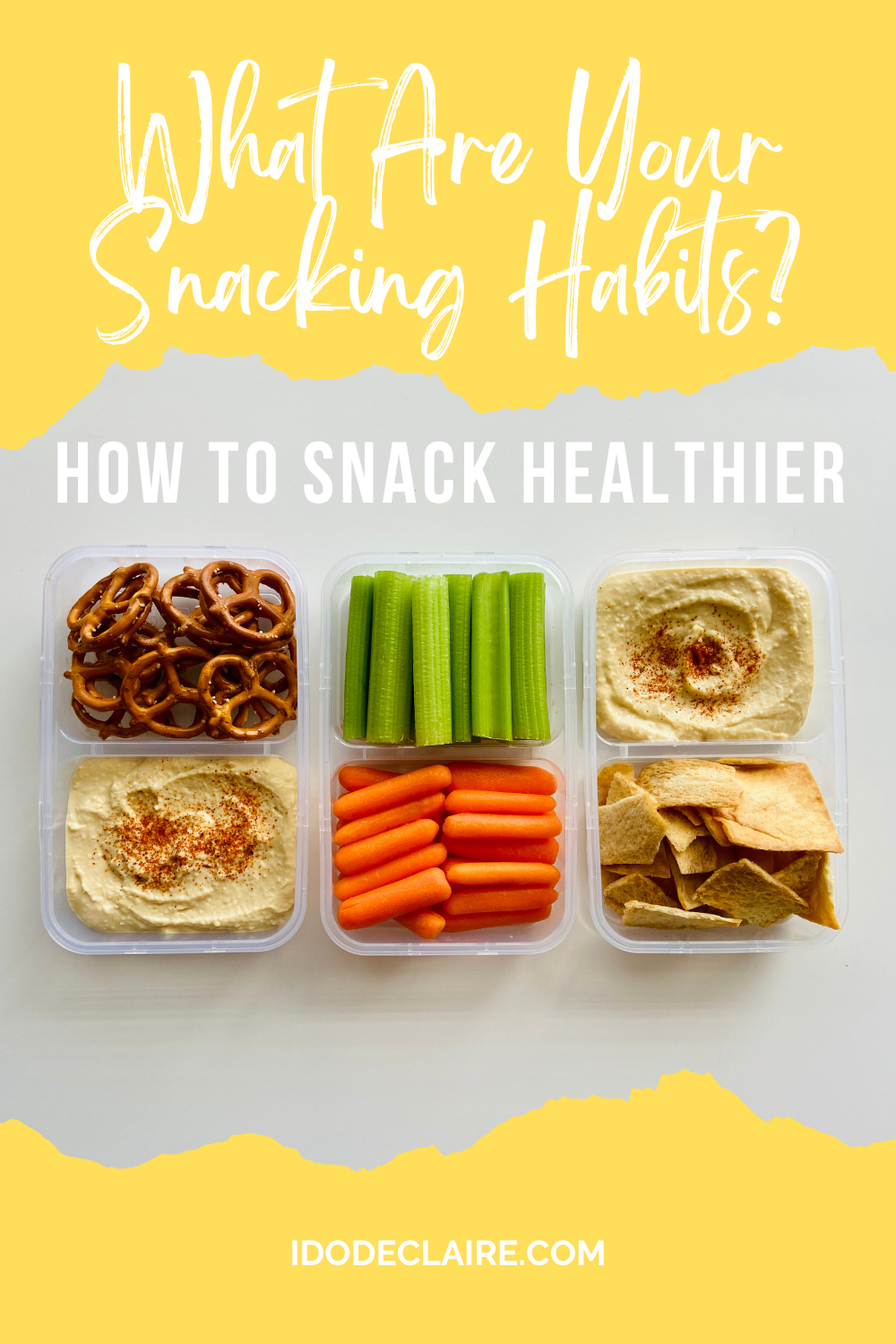
Snacking is a part of life, but do your snacking habits fit within the realm of what’s considered healthy? Of course, many factors influence our eating habits, such as age, cultural background, and diet. There are some general guidelines that can help you determine if your snacking behavior may be considered healthy or unhealthy. This article will explore these considerations to help you better understand your snacking habits.

What are Healthy Snack Habits?
When it comes to snack consumption, there are no hard and fast rules. However, most experts agree that healthy adults should limit their snacks to around 100-200 calories per day. This amount is recommended because it helps keep total calorie intake in check, making it less likely that you’ll overindulge in unhealthy snacks or gain excess weight. Furthermore, the type of snack is essential too — healthy snacks like fruits and vegetables are preferred to those high in sugar or fat. Remember, depending on your amount of exercise, height/weight, and health goals, you may want to allow more or less caloric intake for snacks each day.

Snacking Frequency
In terms of frequency, most people should aim for two to three snacks per day. The exact number depends on your overall caloric needs for the day. For example, if you have a very active lifestyle with lots of physical activity, then you may need more calories from food and, thus, more snacks. On the other hand, if you’re sedentary and don’t move much during the day, then fewer snacks could be beneficial.
For children and teenagers who need extra calories to support growth, three to four healthy snacks per day may be more appropriate. Or snacks that are more substantial or calorie dense. In this case, focus on nutrient-rich foods that provide energy and essential vitamins and minerals.
Finally, if you tend to eat snacks late at night, it’s important to limit your intake so as not to impact sleep or cause weight gain due to extra calories.
Unhealthy Snack Habits
Snacking habits can become abnormal in several ways. If you find yourself compulsively snacking throughout the day, it may be an indication of a deeper issue, such as emotional eating or an underlying medical condition. If you suspect this is the case, consider speaking with a healthcare professional for further guidance.
Photo by Acharaporn Kamornboonyarush
Tips for Healthy Snacking:
If you want to make sure your snacking habits are healthy, try following these tips:
1) Prepare Snacks in Advance
Preparing snacks in advance can be a great way to ensure that you have healthy options on hand when hunger strikes. This means planning your snacks ahead of time, either at the start of each week or before each meal. By doing so, you can make sure that you always have nutritious and delicious food available when it’s snack time. Plus, if you prepare them in advance, they’ll be ready to go as soon as hunger hits!
2) Research Healthy Recipes for Snacks
Being mindful of the type and amount of snacks you consume is the key to maintaining healthy snacking habits. To ensure that your snacks are both nutritious and delicious, it’s important to research healthy recipes for snacks. Whether you prefer savory or sweet treats, there are plenty of recipes available online to help you create the perfect snack. From the best instant pot turkey wings smothered with gravy to a more traditional fruit salad, researching healthy recipes can open up an array of options for snacking.
3) Be Mindful of Portion Sizes
When it comes to portion sizes, it is essential to be mindful of how much food you’re consuming. Eating too much can lead to weight gain and unhealthy eating habits. But not eating enough can leave you feeling unsatisfied and hungry soon after. A good rule of thumb is to always aim for smaller portions that are rich in nutrients like carbohydrates, proteins, and fats. Additionally, try to avoid large servings with high-calorie counts, such as processed snacks or sugary treats.
4) Don’t Skip Meals
It is important to remember that snacks are intended to supplement your meals and not replace them. Skipping meals can lead to unhealthy eating habits and binging, so make sure to eat regular meals throughout the day in addition to snacks. This way, you will be able to ensure that you’re getting all of the essential nutrients your body needs. And still being mindful of portion sizes.
Snacking habits can vary from person to person. Having two to three snacks per day is a good rule of thumb. However, some may find themselves needing more or less depending on their individual circumstances. Ultimately, healthy snacking can be beneficial if done correctly!




